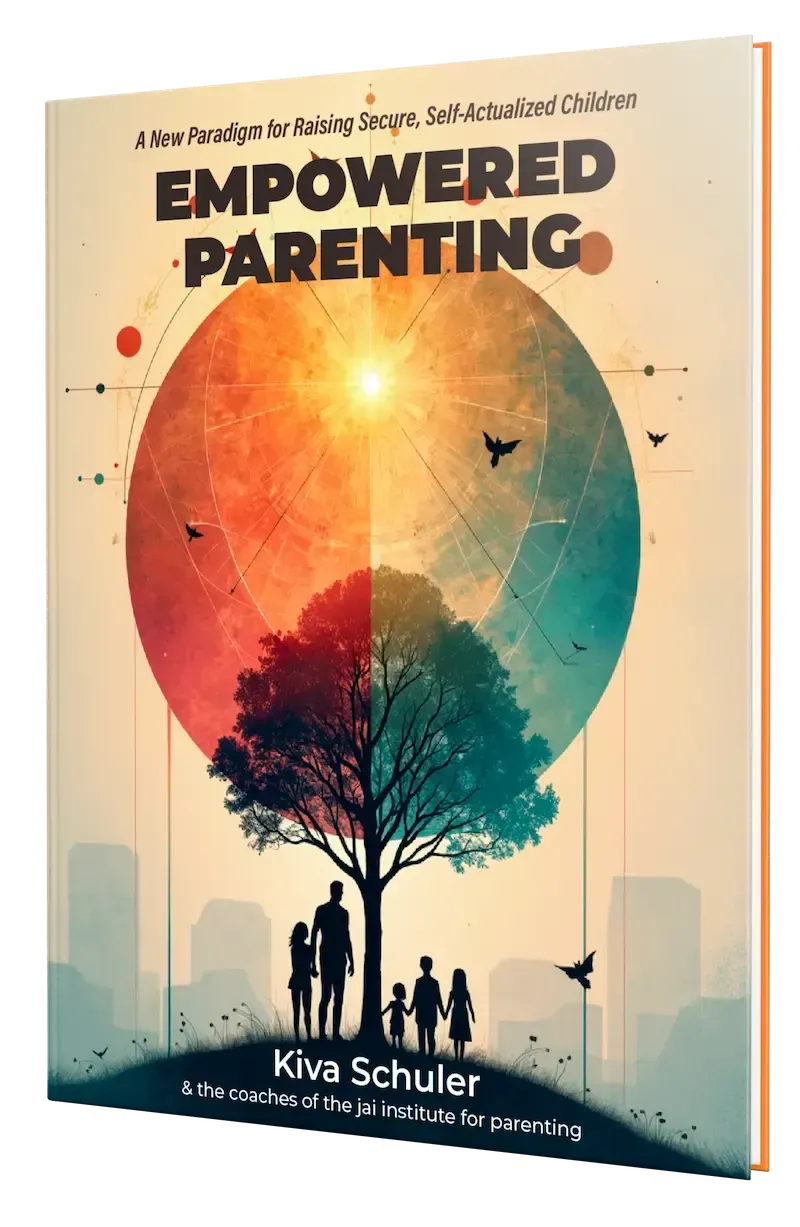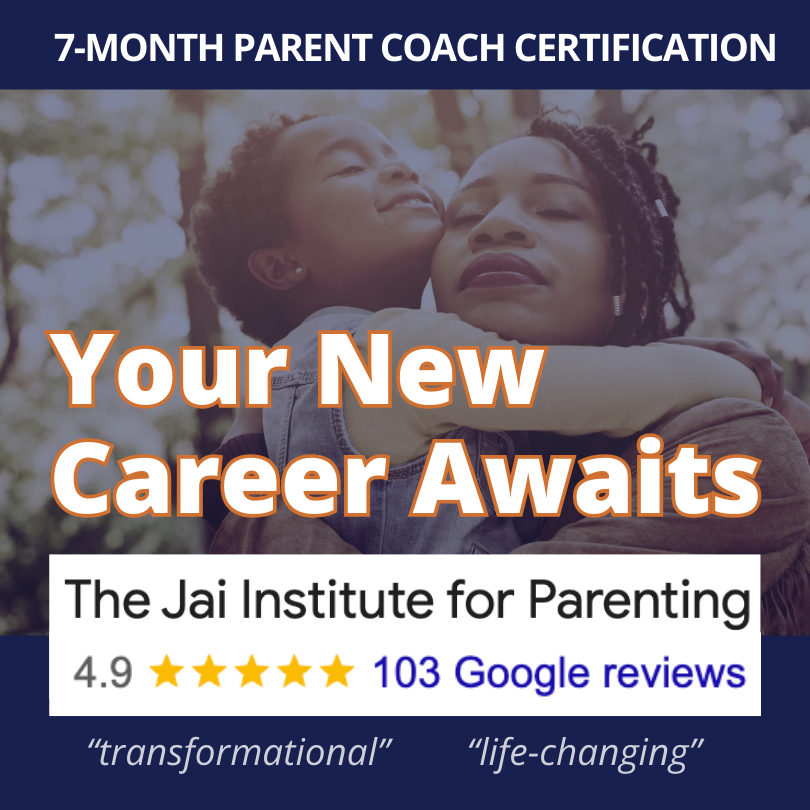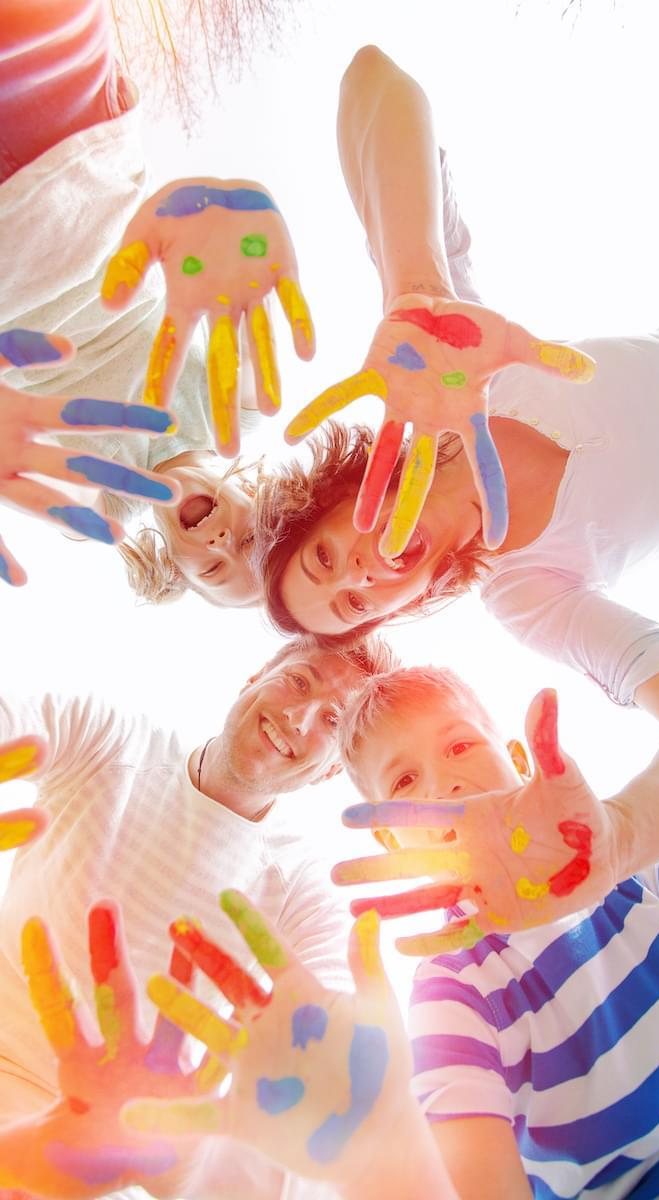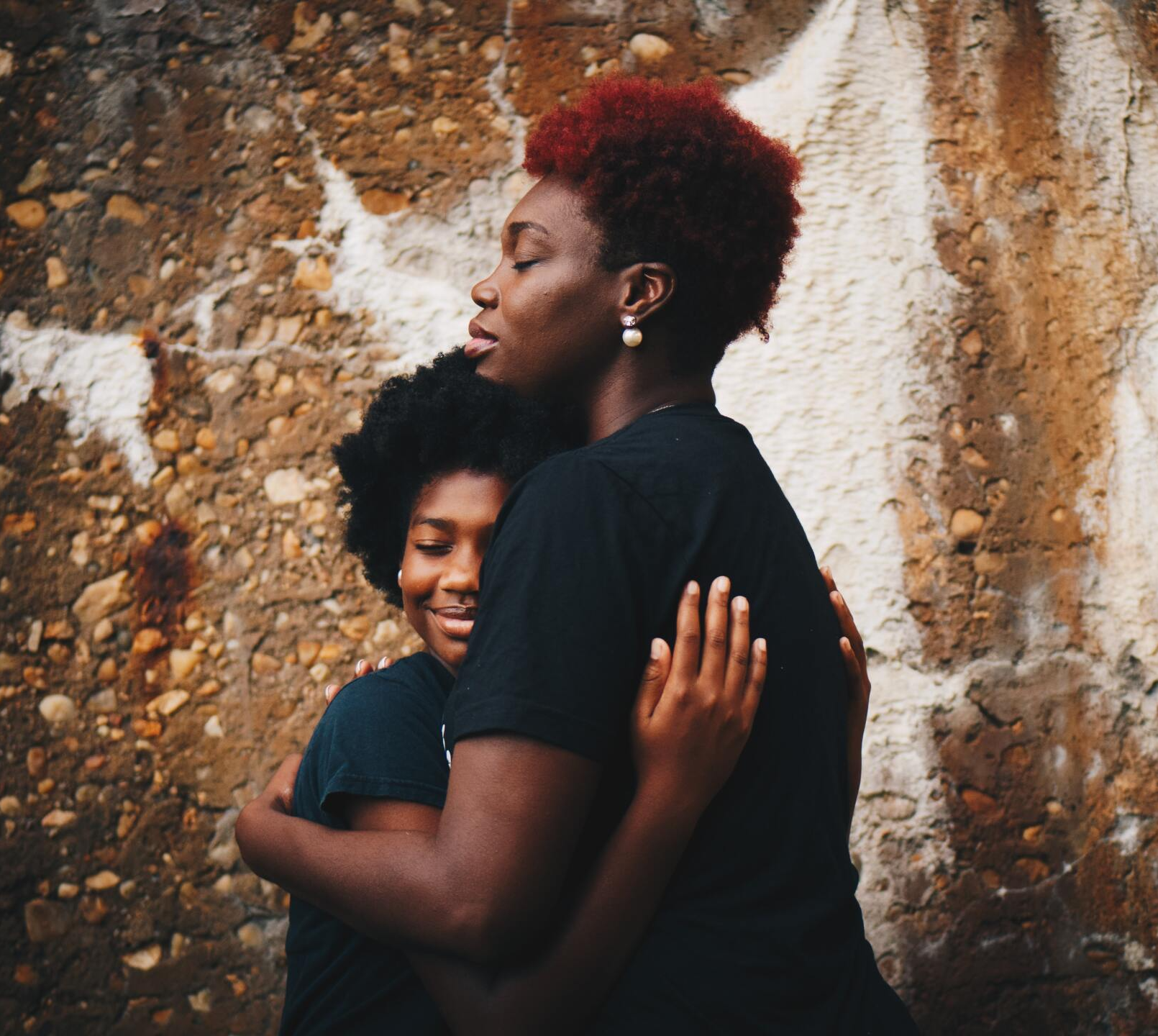Natural Born Liars: An Honest Discussion About Kids and Lying
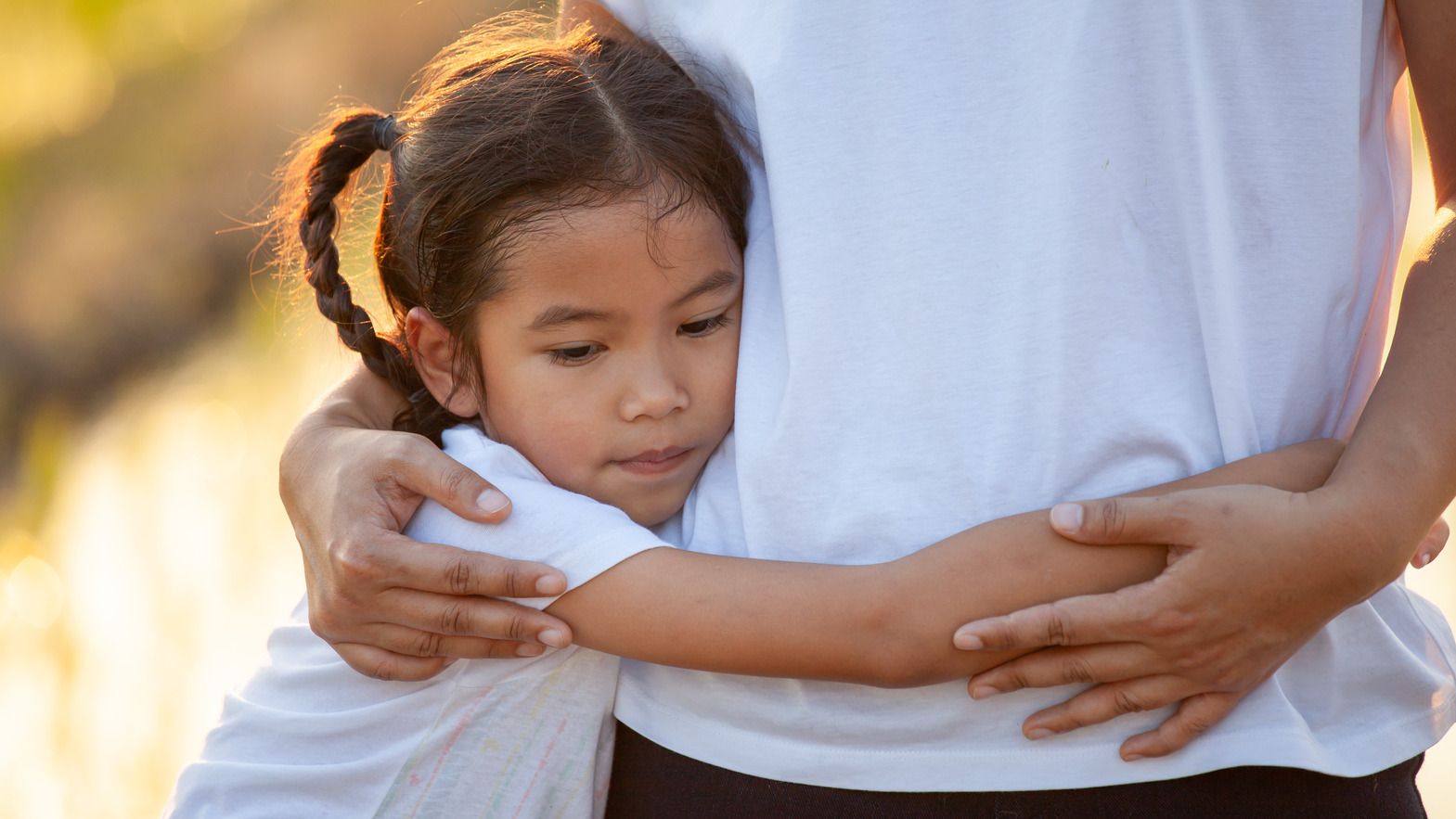
All kids lie. But for some of us, lying becomes a defense adaptation that can cause irreparable harm as we move into adulthood.
I was one of those people. Being a latchkey kid with a mom who withheld affection when I was anything less than “perfect” led me to become a not-so-great human. This is embarrassing and humbling to admit, but I used to pride myself on my ability to manipulate people and situations.
What I know now, after decades of personal growth to become a person of integrity, is that I didn’t do this because I was a “bad” person. I did it because I was a broken one. When lying becomes a trauma adaptation, defense mechanism, or means to avoid conflict and personal responsibility, the repercussions can be devastating to personal relationships, self-worth, and life fulfillment. Other people may not always know we are lying. But we know. For most of us, this creates self-loathing. It certainly did for me.
So, for our work here, this illuminates a valuable conversation because we are confronted with two truths:
- All kids will lie.
- It is our work as parents to teach them the values that will allow them to develop a vital and valuable life compass and to trust their integrity, which may not always mean telling the truth. (“Wait… what?!?!” You might be asking! Stick with me, dear reader; this is complex and nuanced.)
Before we dive into a conversation about teaching children integrity and values, let’s look at the innocence of lying in children.
According to Why Kids Lie and What to Do About It - PBS -
“Lying is common among children. In fact, a study out of the University of Waterloo observing children in their own homes found that 96 percent of young children lie at some point. Four-year-olds lie, on average, every two hours, and six-year-olds lie, on average, every hour.”
Paradoxically, lying comes naturally. Honesty and integrity are learned behaviors. As a parent, you get to teach your children why it’s important to tell the truth. Most importantly, we must demonstrate that it is safe for our kids to tell us the truth.
Why Do Children Lie?
Lying is a complex human behavior that can be observed across all age groups, including children. It's important to recognize that lying is a normal part of human development and not necessarily indicative of a serious problem. Children go through various stages of cognitive, emotional, and social development, and lying can emerge as they navigate these stages.
Here are some reasons why lying is considered a normal behavior in children:
1. Cognitive Development
Children's understanding of truth and falsehood evolves as they grow. Young children may not fully grasp the concept of lying or the consequences it entails. As their cognitive abilities develop, they begin to comprehend the difference between truth and falsehood more clearly.
2. Imagination and Fantasy
During early childhood, imaginative play is a significant part of children’s lives. They might blur the lines between reality and fiction, leading to innocent lies that stem from their creative thinking.
3. Experimentation
Children are naturally curious about the world around them. They may lie to explore the reactions of adults and to test boundaries. This experimentation is a way for them to learn about cause and effect.
4. Social Development
As children interact with peers and adults, they become more aware of social dynamics and expectations. Lying might arise as a strategy to navigate social situations, fit in with peers, or avoid negative consequences from adults.
5. Coping Mechanism
Children experience a wide range of emotions, and they might not always know how to express their feelings appropriately. Lying can become a coping mechanism to handle difficult emotions or situations they don't know how to handle.
6. Development of Empathy
Children's ability to understand the feelings of others, known as empathy, develops gradually. In the early stages, they might not fully realize the impact of their lies on others.
7. Moral Development
Children's sense of morality develops over time. While lying is generally considered dishonest, it takes time for children to internalize the value of honesty and its role in maintaining trust and relationships.
8. Seeking Autonomy
As children grow older, they seek more independence. Lying might be a way for them to assert their autonomy and make decisions without constant adult supervision.
9. Pressure and Influences
Peer pressure, societal expectations, and media influences can all contribute to children's understanding of lying and truth-telling. They might lie to align themselves with what they perceive as desirable behavior.
10. Learning Opportunity
Children learn from their experiences, including the consequences of lying. Mistakes and experimentation are part of their growth, and these experiences can teach them about honesty, integrity, and the effects of dishonesty.
How Do You Deal with a Child Lying?
When you discover that your child has lied, navigating it can be challenging. How you respond can influence your child's understanding of honesty, trust, and the consequences of lying. In traditional parenting, lying often leads to punishment. Or, when children “came clean,” they were punished for whatever it was they lied about!
When I was a kid, I definitely learned that telling the truth wasn’t “safe.” Lying felt like the smarter option. Perhaps you can relate.
So, here are some ideas to address lying while preserving relational safety:
1. Stay Calm
It's important to remain calm and composed when you discover your child has lied. Getting angry or reacting harshly might make your child feel defensive and less likely to open up. Paradoxically… shaming, anger, punishments, and threats will lead to… More. Lying.
2. Gather Information
Before reacting, try to understand the context of the lie. What prompted your child to lie? Was there a particular reason or situation that led to it? This information can help you address the underlying issues.
3. Open Communication
Create a safe and nonjudgmental space for your child to talk about the lie. Ask open-ended questions to encourage them to explain their perspective. Listen actively and without interrupting.
4. Express Disapproval
Let your child know that lying is unacceptable behavior. Explain why honesty is important and how lying can damage trust in relationships. This can sound like, “In our family, it’s important to know that we can tell the truth to each other so that we can figure things out together.”
5. Discuss the Natural Consequences of Lying
Talk about the consequences of lying, both for your child and for others involved. Help them understand how their actions impact trust and relationships.
6. Model Honesty
Children learn a lot from observing their parents’ behavior. Model honesty in your own actions and interactions. If you make a mistake, admit it and discuss how you plan to address it.
7. Teach Problem-Solving
If your child lied to avoid a particular situation or consequence, help them find alternative ways to address problems. Teach them healthy ways to cope with challenges. This is how we teach our kids that it’s okay to make mistakes AND also important to take responsibility for them and “clean up our messes.”
8. Positive Reinforcement
Acknowledge and praise instances of honesty. When your child tells the truth, even about something difficult, offer positive feedback to reinforce the behavior.
9. Set Clear Expectations
Make sure your child understands your expectations regarding honesty. Discuss the importance of honesty as a core family value.
10. Encourage Trustworthiness
Help your child understand that trust is built over time through consistent honesty. Explain that regaining trust takes effort and time.
11. Problem-Solve Together
If lying is a recurring issue, work together to find strategies to address it. Discuss alternative ways to handle difficult situations or emotions. Safety is the secret ingredient here. You must allow your children to experience YOU as a safe person, to tell the truth to.
The Nuanced Intersection of Values and Lying
As children mature into their early teen years, we have an interesting opportunity to engage in conversations that illuminate the whole truth about lying. Because (let’s be honest, pun intended) there are times we all lie.
- We lie to honor another person’s feelings. (ex. We really don’t need to share that we don’t like someone’s outfit.)
- We lie to protect people. (ex. We’re not going to say that someone who is at risk of domestic violence is at our home.)
- We lie because… well, sometimes, we lie. (ex. We’re all human, and sometimes we just don’t want to face a challenging situation.)
Remember, we are here ultimately to raise adults who have a sense of self-love, self-esteem, and self-confidence. The foundation of this is a deeply integrated sense of personal values and integrity.
If the story about lying ends with “lying is bad, and people who lie are bad people,” we are creating a self-destructive mechanism in our children’s identity structure. Perhaps you can recognize this within yourself if you were parented in the black-and-white worldview that lying is always BAD.
The importance is that we can discern WHY we are lying, whether it is appropriate based on our instilled values or an avoidant/harmful reaction that requires accountability, responsibility, and making amends.
This mature, evolved, and nuanced skill set allows adults to make their way in the world. As with all of our work here at The Jai Institute, modeling honesty and talking to our kids openly about values like trust, integrity, and personal responsibility provide children with the type of role model that will allow them to develop this vital skill that will serve them well.
Empowered Parenting
Raise Resilient Children Without Power Struggles
In this FREE ebook, we explore how you can:
- Navigate your child's big emotions without caving in or resorting to reactivity
- Techniques to set
effective boundaries and limits that stick… Peacefully!
- Ways to
foster true self-reliance in your children
Meet Your Author, Kiva Schuler
Jai Founder and CEO
Kiva’s passion for parenting stemmed from her own childhood experiences of neglect and trauma. Like many of her generation, she had a front row seat to witnessing what she did not want for her own children. And in many ways, Jai is the fulfillment of a promise that she made to herself when she was 16 years old… that when she had children of her own, she would learn to parent them with compassion, consistency and communication.
Kiva is a serial entrepreneur, and has been the marketer behind many transformational brands. Passionate about bringing authenticity and integrity to marketing and sales, she’s a sought after mentor, speaker and coach.
READ MORE:
Curious for more?


